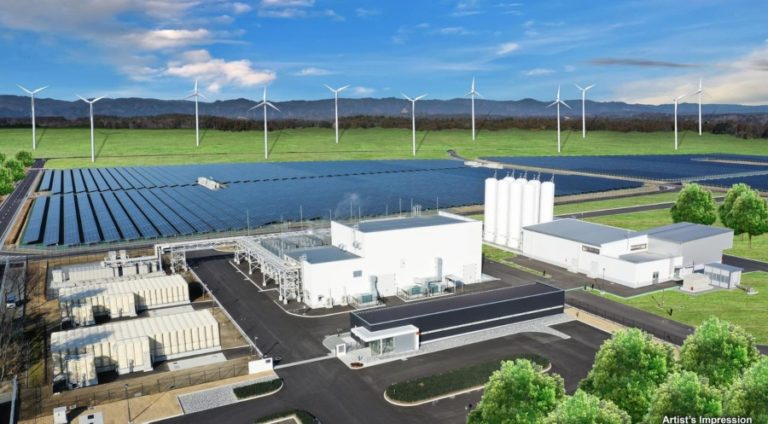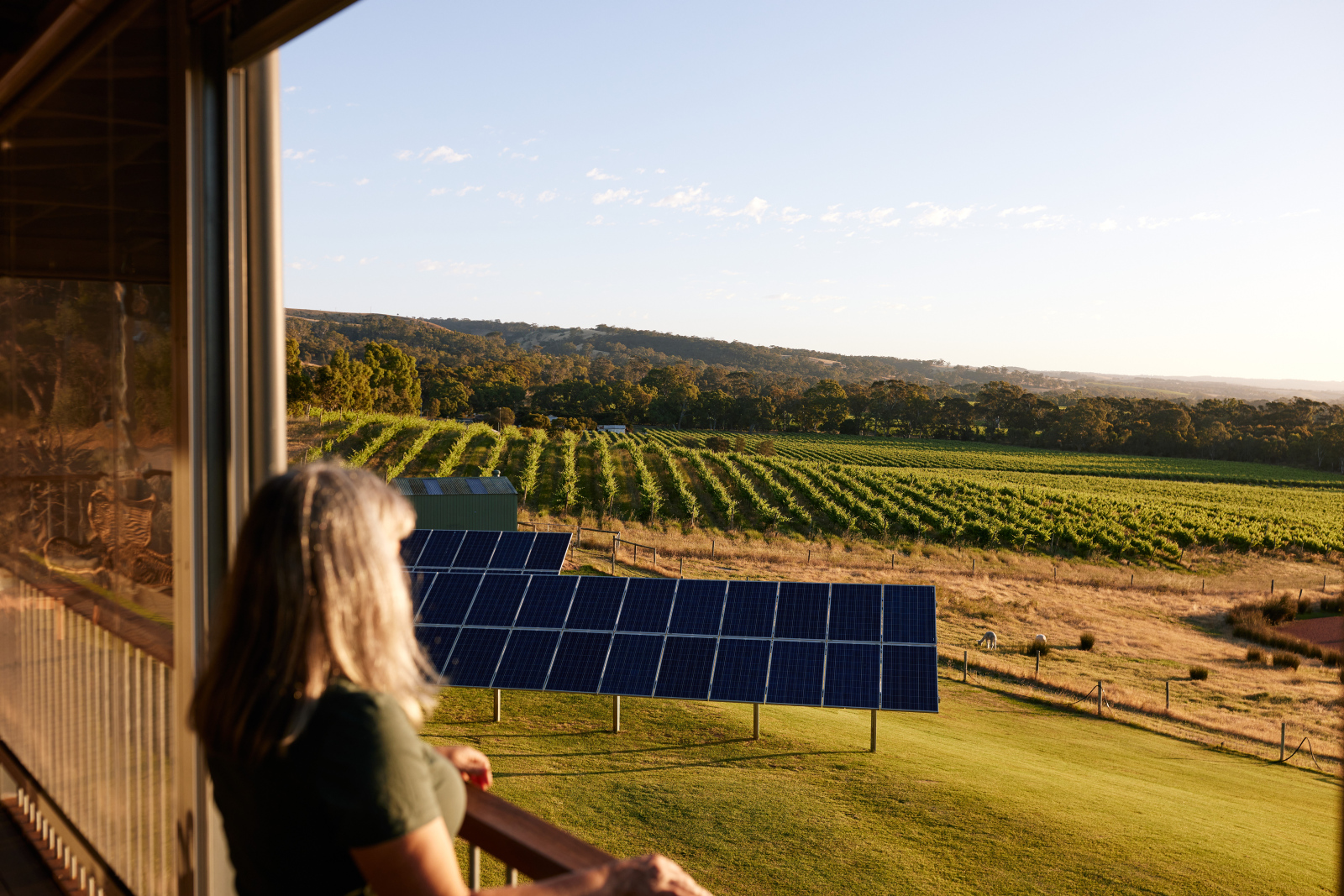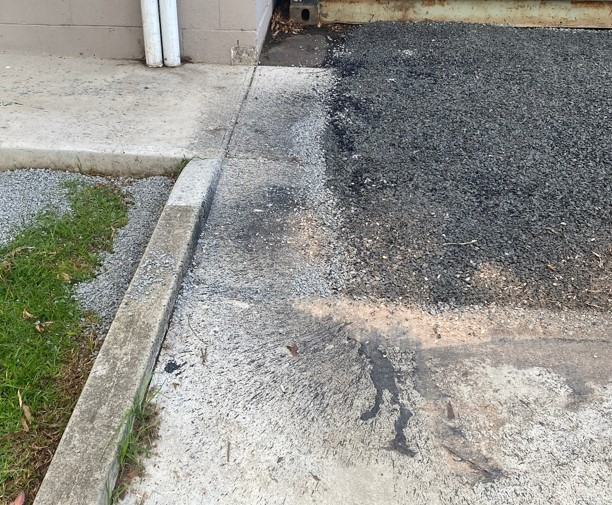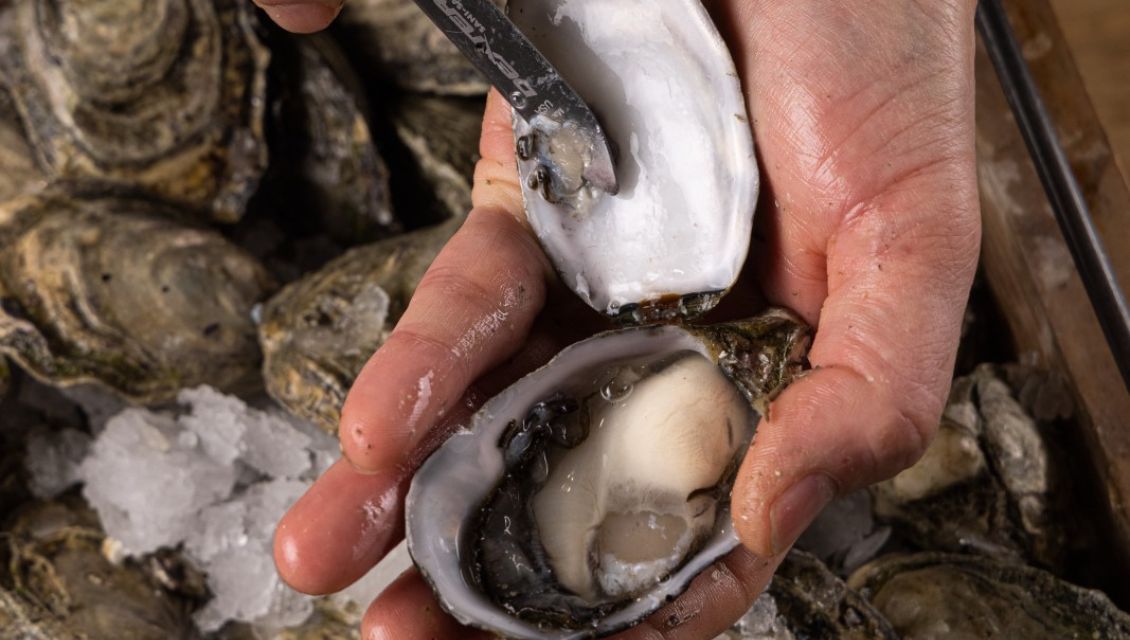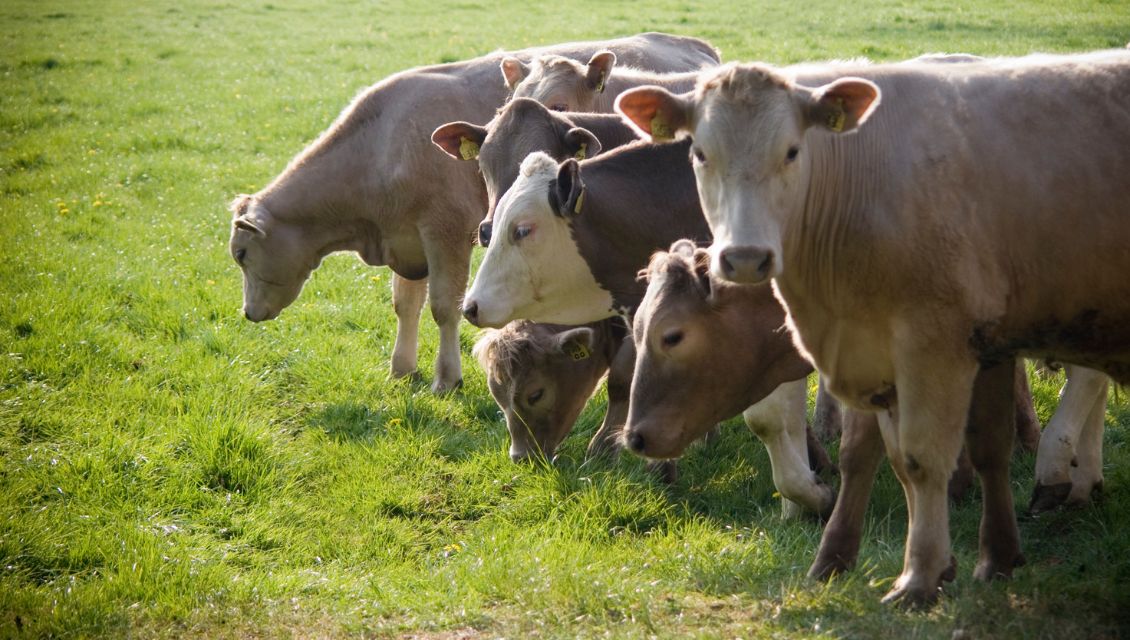
The outbreak of Foot and Mouth Disease (FMD) in Indonesia last year highlighted the risks faced by South Australia's livestock industry from exotic diseases.
Sanitation mats and inspections remain at Adelaide Airport for passengers returning from the island nation to help protect against FMD, but the fact remains there are many other diseases that could be brought into the state from overseas that would have devastating impacts.
Dr Carr, who has worked as a veterinary officer at the Department of Primary Industry Regions since 2008, said an outbreak of any animal disease would have wide-ranging consequences.
“South Australia has some of the world’s cleanest and safest food and beverages – we should be really proud of that, but we need everyone to play their part,” Dr Carr said.
“Australia’s animal biosecurity status is free of so many diseases and we need the community to support us in maintaining that - diseases such as FMD, African swine fever, lumpy skin disease and avian influenza or bird flu.
“These diseases do have very significant impacts not only on the industries involved but on the communities and welfare of the animals.”
Dr Carr said international travel and online sales were among the growing threats to South Australia’s biosecurity.
It is Illegal to bring in many types of products, such as meats, cured meats, dairy products and animal hides, and people should check before importing these products.
“Whether it is you as a traveller or you are ordering things online, we should all be declaring and respecting the biosecurity requirements in place at the border,” Dr Carr said.
South Australia’s primary industries are a vital contributor to the state, with the sector contributing $17.3 billion in 2021-22 and supporting more than 71,000 jobs.
Dr Carr said South Australia was well placed to respond to any potential threats, with the biosecurity team regularly attending training and scenarios to help bolster and improve their preparedness.
“Everyone can be the eyes and ears for these diseases and report suspicion of an exotic disease to the Emergency Animal Disease Hotline by phoning 1800 675 888,” she said.
“Should an exotic disease event occur, the most important thing is to detect the disease as early as possible, so we can eradicate it as soon as possible.”
For Dr Carr, the importance of South Australians standing up for our biosecurity standards and food security should be championed.
“Our animal health and biosecurity status is something people should be proud of – and we should stand up to protect it,” she said.
“We need South Australians to ensure their friends and families are doing the right thing. If you are travelling with someone, remind them about declaring items they’ve bought at border security and the importance of washing their shoes – that is the culture we need to create as a community.
“Not only is it important for our industries, communities and food production, but also for the benefit of the animals we care for and love.”
To learn more about South Australia’s biosecurity, visit the Department of Primary Industries and Regions


